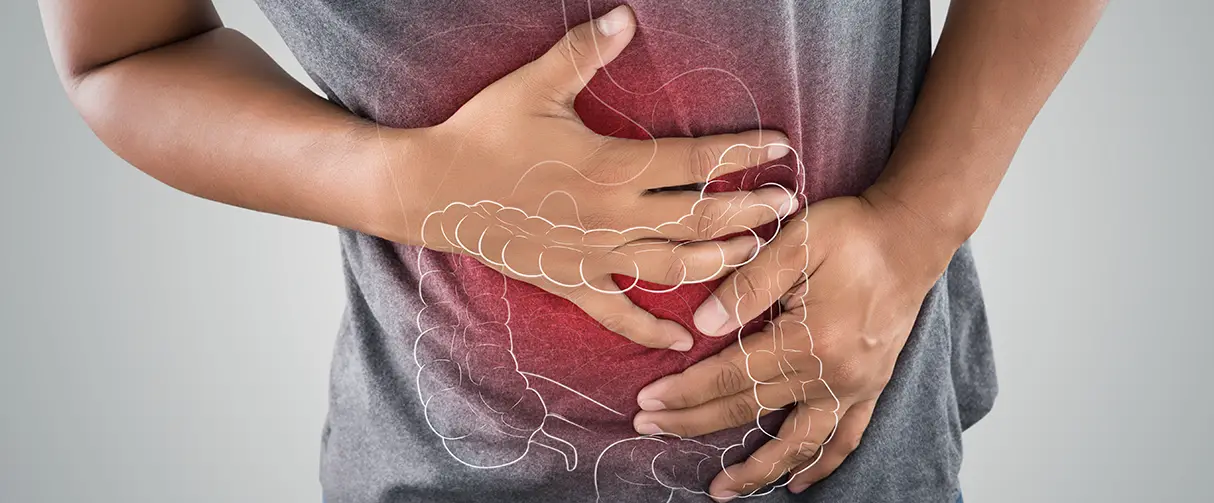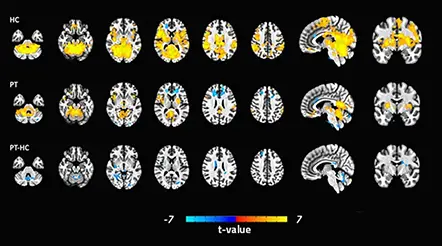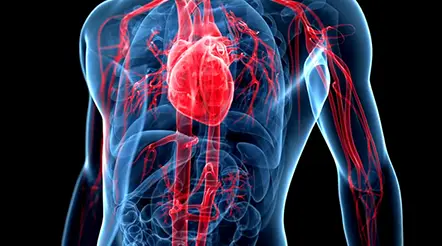


Introduction
Ann Kimball and John W. Johnson Center for Cellular Therapeutics at Houston Methodist
Houston Methodist Dr. Mary and Ron Neal Cancer Center
The Food & Health Alliance within the Houston Methodist Lynda K. and David M. Underwood Center for Digestive Disorders, Immunology Center and the Fondren Inflammation Collaborative
Houston Methodist Cockrell Center for Advanced Therapeutics
Paula and Joseph C. “Rusty” Walter III
Translational Research Initiative
Jerold B. Katz Academy of Translational Research
Infectious Diseases Research Fund
George and Angelina Kostas Research Center for Cardiovascular Medicine
New Endowed Chairs Positions
EnMed
Center for Bioenergetics
result
Clinical Research
Outcomes, Quality and Healthcare Performances
Restorative Medicine
Precision Medicine
Science in Service
of
Medicineresult
President's letter
2022 Metrics
Cycle of Translation
Visionary Gifts of Hope


Introduction

Ann Kimball and John W. Johnson Center for Cellular Therapeutics at Houston Methodist

Houston Methodist Dr. Mary and Ron Neal Cancer Center

The Food & Health Alliance within the Houston Methodist Lynda K. and David M. Underwood Center for Digestive Disorders, Immunology Center and the Fondren Inflammation Collaborative

Houston Methodist Cockrell Center for Advanced Therapeutics

Paula and Joseph C. “Rusty” Walter III Translational Research Initiative

Jerold B. Katz Academy of Translational Research

Infectious Diseases Research Fund

George and Angelina Kostas Research Center for Cardiovascular Medicine

New Endowed Chairs Positions

EnMed

Center for Bioenergetics

From Discovery to Clinic


What is "Discovery to Clinic"?

Clinical Research


Houston Methodist Conducts First-Ever Study into a Challenging Situation

Can Regulating Cellular Aging Mitigate Both Cancer and Heart Disease?

Innovative Treatment for Chronic Rhinitis is Safe and Effective


Masters of Disguise: Glioblastomas Trick the Immune System by Masquerading as Reproductive Tissue
Improved Options for Patients with Severe Retinal Vascular Disease

A New FDA-Approved Treatment for Sufferers of Chronic Constipation

Houston Methodist joins the Gulf Coast Consortia

Outcomes, Quality and Healthcare Performance


New Findings on RNA Helicases May Yield New Intestinal Disease Therapy

Houston Methodist and Pennsylvania State University Collaborate on a Smartphone App That Could Revolutionize Stroke Diagnosis

New Frontiers to Improve Cardiovascular Medicine and Disease Management

Ongoing Lessons in a Pandemic

Transplants can Boost Survival Rate of Patients with Unresectable Liver Cancers

Telehealth Video Visits During the COVID-19 Pandemic – a Glimpse into the Future?

SARS-CoV-2 Induced Chronic Oxidative Stress and Endothelial Cell Inflammation May Increase Likelihood of Cardiovascular Diseases and Respiratory Failure

Restorative Medicine


Lessening Pain After Knee Replacement Surgery

Do Motor Neurons First Die in the Brain? Study Provides Clues about ALS Origins

Bringing Back Hand Function in People with Complete Spinal Cord Injury

Novel Vascular Engineering Platforms Are a Boon for Bioengineering

Ultra-high-Resolution Scanner Reveals if Knee Injury Advances to Osteoarthritis

Houston Methodist Model Demonstrates Reversal from Heart Failure State, Creating the Potential for Innovative Treatment Avenues

Precision Medicine


Rapidly Scalable, All-Inducible Neural Organoids Could Facilitate Drug Screening for Neurological Diseases

Importance of the Coronary Artery Calcium Score in Risk Assessment and Prevention of Atherosclerotic Cardiovascular Disease

COVID-19 Infection in Crucial Brain Regions May Lead To Accelerated Brain Aging

Interleukin 9 Secreting Polarized T Cells Show Potential in Solid and Liquid Tumor Treatment

The NanoLymph: Implantable. Adaptable. Anti-cancer





Discovery to Clinic
Clinical Research

A New FDA-Approved Treatment for Sufferers of Chronic Constipation
A New FDA-Approved Treatment for Sufferers of Chronic Constipation

There is a critical need for a new approach to chronic constipation therapeutics. Nearly half of patients who suffer from chronic constipation report dissatisfaction with the currently available drugs and therapies. Effective pharmaceutical remedies do exist, but their side effects can include cramping and diarrhea. Additionally, a large percentage of patients with chronic idiopathic constipation are elderly and may have medication contraindications.
An inventive new treatment for chronic constipation, vibrating capsules that stimulate the bowels non-pharmacologically, performed well in a late-stage trial (ClinicalTrials.gov Identifier: NCT03879239) according to one of the trial investigators, Eamonn Quigley, MD, Director of the Underwood Center for Digestive Disorders and Underwood Chair of Medicine in Digestive Disorders.
The new treatment involves ingesting a capsule with a tiny microchip programmed to begin vibrating after eight hours, roughly when it is expected to hit the colon. It is manufactured by an Israeli company, Vibrant, based on the same technology that is used in capsule endoscopies.
This is the first treatment of its kind to vibrate within the gastrointestinal tract. Devices that provide external mechanical stimulation via the abdomen showed promise in clinical trials but have had limited impact since becoming available in Europe.
In the trial, presented at the Annual Scientific Meeting of the American College of Gastroenterology patients who took the vibrating capsules had an immediate and significant increase in their number of complete, spontaneous bowel movements compared with a group who received a placebo. Those in the treatment group also had significant improvements in secondary outcome measures, including straining, stool consistency and quality of life.
"After nearly a decade of development, studies, and trial and error, we are excited to see such conclusive evidence that the treatment is safe, well tolerated and effective at improving the bowel and abdominal symptoms that give patients with chronic constipation so much trouble," said Quigley. He also noted that the results were not only statistically significant but also clinically significant. Most of the trial participants were averaging only one or two bowel movements per week, and "doubling that number has a tremendous impact."
The phase 3 trial enrolled 349 patients, 200 of whom received vibrating capsules and 149 receiving a placebo. In those who received the vibrating capsules, the trial found "a rapid onset of significant increase" in complete, spontaneous bowel movements within one week and a peak by the third week. The trend persisted thereafter.
"Most people have experienced severe constipation at some point in their lives," Quigley said. "The associated abdominal bloating and discomfort and the distress caused by attempts to pass a hard stool can severely impact an individual's quality of life. There is a significant need for alternative treatments that really work. With this research and a lot of stick-to-it-iveness, we are excited to have one on the horizon."
The capsule, named Vibrant, recently received marketing authorization from the FDA for the treatment of adult patients with chronic idiopathic constipation who have not experienced relief of their bowel symptoms by using laxative therapies at the recommended dosage for at least one month.














